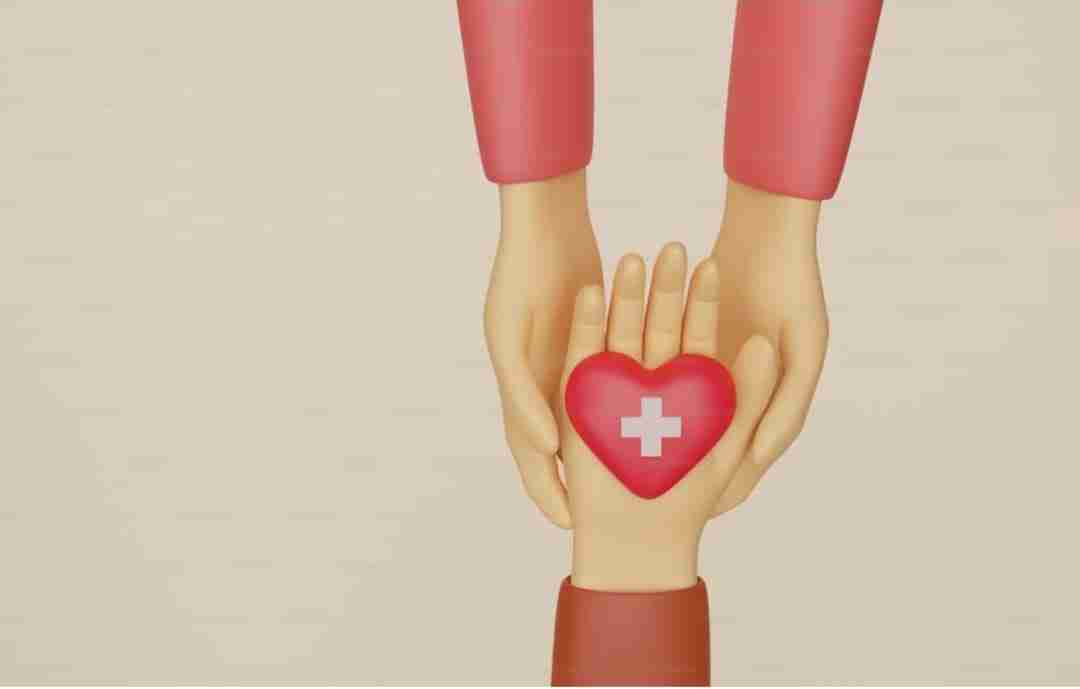All You Must Know About The Lesser Known Risk Factors Of Stroke
Are you aware of these lesser-known risk factors of geriatric stroke? Find all about it here.
When Nagaraju (name changed), 76, a retired school teacher was rushed to a city hospital with symptoms of stroke, his caregivers were clueless about how it occurred. The septuagenarian did not suffer from any of the common risk factors like hypertension, diabetes or a heart disorder that generally cause a stroke. Nagaraju was, in fact, all fit and fine and never skipped his daily evening walk. On diagnosis, the doctors found that he suffered from intracranial haemorrhage, a type of bleeding that occurs inside the skull which commonly occurs due to accidental falls and hitting the head. It was revealed that Nagaraju had had a fall which he initially neglected.
Doctors believe that it is essential to be aware of some of the risk factors of stroke which may not be as common as other risk factors causing a stroke to avoid its risk.
Dr Shiva Kumar. R, Senior Consultant Neurologist and Epileptologist, Sakra World Hospital, Bangalore says: ?Any person experiencing intracranial bleeding may feel sudden tingling, weakness, numbness, severe headache, distorted vision, loss of consciousness, paralysis, or coma due to oxygen deprivation in the brain. It is more common amongst the elderly and increases the risk of stroke. One must keep in mind that any type of bleeding inside the skull or brain needs immediate medical attention.?
It is a well-known fact that the risk factors of stroke, one of the leading causes of physical and mental disabilities and mortality worldwide, increase with age. Experts say that the chance of stroke is 60 per cent higher among those belonging to the age bracket of 74 to 84 years. The risk further increases to 80 per cent among those who are above 85 years Thus, geriatric stroke has become a major concern among doctors.
Risk factors of stroke you may not be aware of
Apart from intracranial haemorrhage, atrial fibrillation is a condition that may increase the risk of stroke among older adults, believes Dr Kumar. It is a condition of the heart that causes it to beat chaotically and the pulse becomes fast and irregular. It leads to blood clots, stroke, heart failure and various other heart-related complications. Those with atrial fibrillation are at fivefold higher risk to suffer a stroke.
The psychological link to stroke
A study reported in the American Heart Association?s journal, Stroke, reveals that depressive symptoms and chronic stress in life may increase the risk of stroke among older adults. Those with a high score on depressive symptoms have 86 per cent higher risk of stroke and those with the highest ratings of chronic stress are at 59 per cent higher risk of suffering a stroke. Feeling of hostility and having a negative approach towards life, personal health issues, health problems of near and dear ones, unhappy relationships, financial burden and the inability to work may be potent stroke inducers.
Other risk factors of stroke
· Hypertension ? High blood pressure weakens the arteries in the brain which increases the risk of stroke. The majority of people who suffered from stroke for the first time are known to have high blood pressure.
· Obesity ? Incidence of obesity has increased significantly worldwide. The inflammation caused due to excess fatty tissue in an obese person leads to the restriction in blood flow and blockage of the arteries. These increase the risk of stroke.
· High Cholesterol ? High cholesterol levels in the blood lead to the deposition of fatty substances that build up in the artery walls. This narrows the arteries making it stiff, restricting blood flow. This condition increases the chance of blood clots which may lead to stroke.
· Diabetes ? People with diabetes are more prone to suffer from a stroke than people without diabetes. Atherosclerosis is a common condition associated with people with diabetes when the blood sugar level is too high. Due to this, clots or fatty deposit in the blood vessels occurs causing them to narrow or leading to blockage, thus causing a stroke.

· Smoking ? Smoking is one of the root causes of many health problems. It is said that the more you smoke the greater the risk of getting a stroke. The toxic chemicals in tobacco such as carbon monoxide, formaldehyde, arsenic and cyanide when mixed with the blood cause thickening of the blood, blood clot, narrowing of arteries thereby, restricting oxygen supply in the blood. All these damages can increase the risk of stroke.
· Cardiovascular Diseases ? Several types of heart disease are potential risk factors for stroke. People with coronary heart disease are twice more likely to have a stroke. In the case of heart failure, the heart fails to pump out blood resulting in a stroke.
Awareness is a must to prevent geriatric stroke
Doctors believe that it is essential for an individual to be aware of all risk factors of stroke and not just the common ones. This reduces the chance of neglect and leads to early detection, diagnosis and treatment.
Dr N K Venkataramana, Chief Neurosurgeon, BR Life SSNMC-BRAINS Neuroscience Center of Excellence, Bangalore says: ?It is important to have tight control of blood pressure, Triglycerides and other risk factors. Diet, exercise, good physical activity, sleep is very crucial in old age. Modification of lifestyle and avoiding the risk factors like smoking, drinking, tobacco chewing will be beneficial. One must have a periodic evaluation of all risk factors and also early evaluation in case of any symptoms is mandatory. Sleep disorders including snoring need to be corrected to reduce the risks.?
According to the doctors, it is equally important to keep one?s mental health fit. Avoiding isolation, encouraging socialisation and keeping oneself stress and anxiety-free can help an older adult reduce the risk of stroke.
Tips from doctors to avoid stroke
- One must be aware of the risk factors in the prevention of stroke. It is important to understand that severe strokes may even cause paralysis or death.
- People with diabetes need to control their blood sugar levels, check cholesterol levels, do a regular health check-up.
- Adopting a healthy lifestyle is essential. Quit smoking, make dietary changes, go for regular walk, meditate, do yoga and get an adequate amount of sleep.
- More attention must be paid to sound mental health. Getting engaged in fun activities, going out for tours and being with like-minded friends can help one to stay happy.
- Stroke survivors need to pay more attention while taking care of their health to avoid re-occurrence of stroke.
Comments
You may like to read:

Health and wellness
Five Lifestyle Changes To Ease Bladder Control

jessica smith
5 mins read

Health and wellness
Five things to keep in mind when considering organ donation

sunayana singh, ceo of organ india, an initiative of the parashar foundation
3 mins read

Health and wellness
How NURA Uses AI-Enabled Screening to make a difference in Preventive Healthcare

Silver Talkies
4 mins read

Post a comment